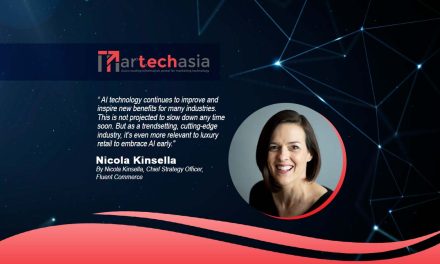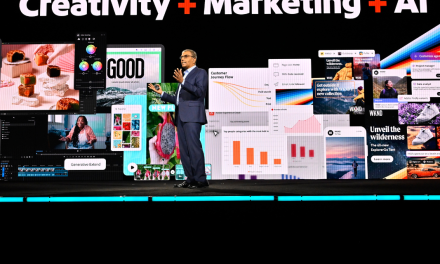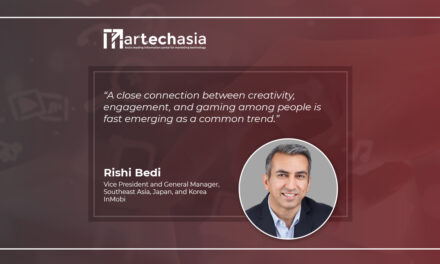Against the constantly changing consumer demands and economic headwinds, marketers are in dire need of innovative strategies.
Brands are being challenged by the increasingly abundant offers and consumer media fragmentation as they seek to drive relevance.
The key questions on business leaders’ and marketers’ minds are:
How to remain disruptive in a saturated market, manage increased workload with fewer resources, and balance the pressures of increasing pricing as consumers become more value-conscious?
How can they stay on top of the trends reshaping the industry — generative AI, post ‘revenge spending’ slump, and the necessity of purpose-driven marketing forcing brands to not just adapt, but actively redefine their strategies?
To help answer these questions and more, MartechAsia tapped the thought leadership and experience of Mario Braz de Matos, Co-founder and Managing Partner, Flying Fish Lab.
What are the most common issues afflicting companies in the region, when it comes to growing brands and their business?
Mario: In a competitive economic landscape like today, many companies are facing a huge number of challenges in establishing a firm presence in consumers’ minds and lives, owing to an over-saturated market.
There’s a significant disparity between multinational corporations (MNCs) and local enterprises, with the latter gaining ground due to their homegrown appeal, intensifying competition for multinationals to maintain their relevance and favour consumers.
While the current inflation is slowing down, its lingering impact can exacerbate difficulties for both types of businesses, as consumers grapple with rising prices and high interest rates. In Asia, growth is increasingly challenging to achieve, particularly with China’s economic slowdown, as it is a crucial driver of regional growth.
More issues can be pointed at an industry-specific level; however, these overarching problems represent the primary obstacles for businesses in the region seeking growth and expansion.

How is technology changing the consumer landscape, and how can companies adapt or keep up with the pace of change? What does AI mean for businesses and marketers? What are the threats and opportunities for brands?
Mario: Technology presents both a set of challenges and opportunities for both consumers and businesses. It’s a tool whose impact depends on its application.
The rapid adoption of new technologies by consumers often outpaces a business’s ability to adapt its infrastructure to these changes. As the technological landscape expands, businesses must discern between essential and non-essential elements to avoid being overwhelmed by attempting to manage everything internally. What is non-core today might become crucial tomorrow, making complacency in technology adoption a risk for businesses.
Artificial Intelligence (AI) is a prime example of technology that will significantly impact consumer behaviour. AI will empower consumers to make more informed decisions, leading to higher expectations and sophistication in their choices. The appeal of marketing gimmicks or mere aesthetics will diminish as consumers seek more substance in their purchases.
Additionally, AI will accelerate the pace of change. Like the mobile phone revolution, each advancement in AI will open new possibilities: to engage and interact, to experience, to solve problems, and so on. Companies that are slow to adapt can risk obsolescence.
A significant challenge lies in senior management’s capability to grasp tech-driven change, especially when leaders are detached from technological advancements. Organisations overly dependent on a narrow leadership group that lacks a comprehensive understanding of technology’s potential and risks are more likely to face decline.
For brands, which are vital in connecting businesses with consumers, the trend indicates a future of increased competition, enhanced offerings, rapid or constant innovation, trying to win over far better informed and more discerning customers with much more choices than today.
This dynamic environment suggests an exciting, albeit incredibly challenging, period ahead for businesses.
What will be the drivers of disruption in 2024 and beyond? What role will AI and other emerging technologies play?
Mario: Technology, particularly AI advancement, is a crucial catalyst for disruption in various sectors. As we move into 2024 and beyond, the influence of AI is set to further accelerate this disruption, especially in mature markets where growth opportunities are becoming more competitive.
AI acts as a powerful tool that can greatly enhance operational efficiency when leveraged effectively. Its utility is particularly pronounced in the realm of execution, where its impacts are more concrete and quantifiable.
From my perspective, while AI can play a supportive role in strategy development, the essence of strategic decision-making should and will remain a human-driven area. AI can provide insights and augment the process, but the crucial strategic choices should be reserved for human judgment within a brand or business.



















